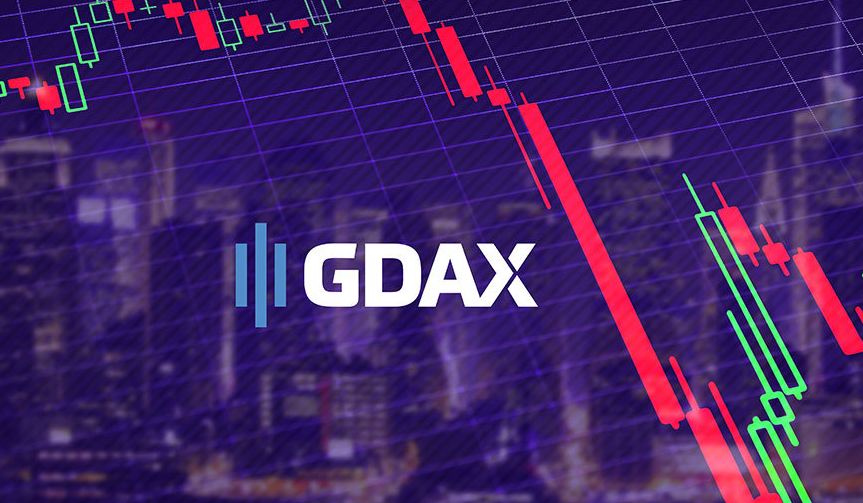Things couldn’t have gone more wrong for traders of ethereum on Wednesday. The second-largest cryptocurrency in the world — next only to bitcoin — plunged from more than $317 to as low as 10 cents in a flash cash on the GDAX exchange. Of course, it rebounded shortly after, but the whole fiasco had already left a bitter taste for many investors.
The burning question right now is what caused ethereum to flash crash on that fateful day. Was there any foul play?

Apparently not! At least, that’s what we can gather from the explanation put forward by the exchange.
Adam White, Vice President at GDAX, explained in a post that a “multimillion-dollar market sell” order was placed on the exchange’s ethereum-U.S. dollar (ETH-USD) order book. This essentially led to orders being filed to $224.48 from $317.81, which in turn initiated a chain of approximately 800 stop-loss orders and margin-funding liquidation. All these factors combined to temporarily push the ethereum valuation as low as a dime.
For the uninitiated, a stop-loss order involves the security being sold if the market valuation touches a predefined threshold. Meanwhile, margin-funding stands for trading with borrowed money. Liquidation occurs as soon as margin-funded positions are automatically shut down to avoid further losses.
It’s not unusual for stop-loss orders and margin-funding to combine and make inroads for a sharp downward spiral. However, GDAX was quick to respond and temporarily halted trading of ETH-USD to prevent further damage.

The initial internal investigation so far has not found any “indication of wrongdoing or account takeovers,” reports MarketWatch. However, those who have been affected by the events on Wednesday, don’t expect the trades to be reversed.
“We are continuing to conduct a thorough investigation and will keep customers updated with any resulting actions. With that in mind, it is important to note that these trades are final in accordance with our GDAX Trading Rules (Section 3.1),” White wrote. “Honoring properly executed orders is critical to maintaining the integrity of an exchange.”
